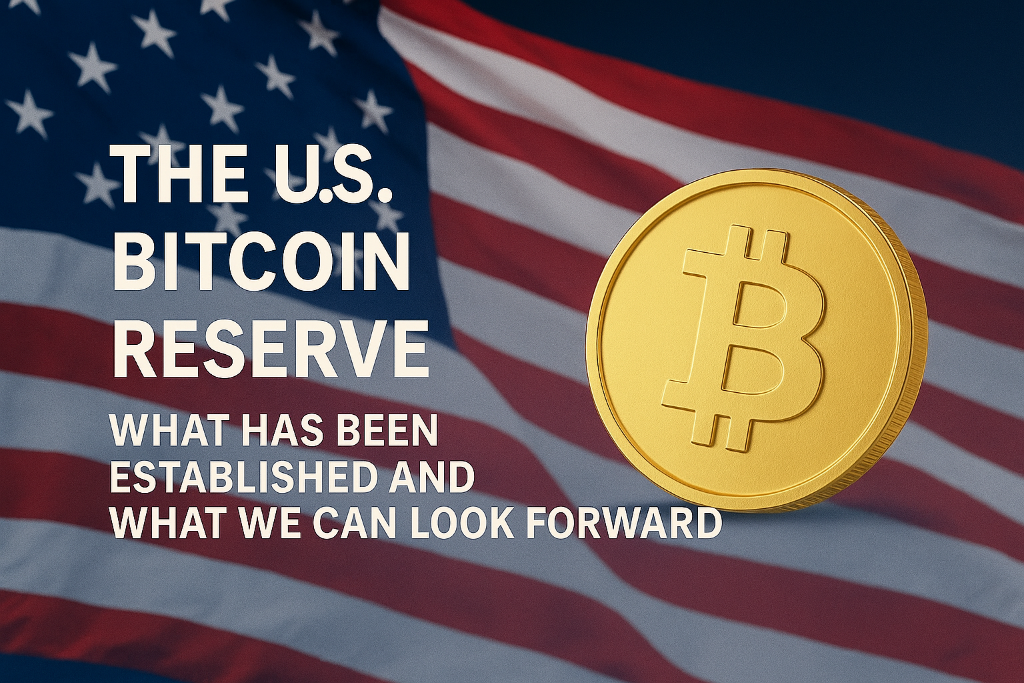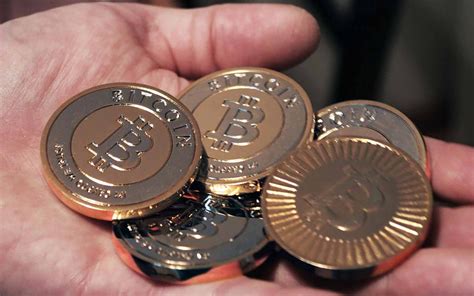By: Man Who Knows Nothing
July 3, 2025
In a historic shift that signals growing federal interest in cryptocurrency, the Trump administration has officially established a U.S. Strategic Bitcoin Reserve, marking the first time Bitcoin has been recognized by the government as a national strategic asset.
✅ What’s Been Established
On March 6, 2025, President Donald Trump signed an executive order launching two groundbreaking initiatives:
- The Strategic Bitcoin Reserve – a federal stockpile of Bitcoin built from assets seized through criminal and civil cases.
- The U.S. Digital Asset Stockpile – a similar program for other seized cryptocurrencies like Ethereum, XRP, and stablecoins.
These reserves are managed jointly by the Department of the Treasury and Department of Commerce, with oversight from the newly empowered President’s Working Group on Digital Asset Markets.
Crucially, no taxpayer funds are being used. Instead, the reserve is built from Bitcoin and other digital assets already held by federal agencies—currently totaling over 200,000 BTC, worth more than $20 billion, plus roughly $493 million in non-Bitcoin crypto.

💡 Why This Matters
The move marks a major symbolic shift: for the first time, Bitcoin is being treated like a strategic resource—alongside gold, oil, and rare minerals.
Supporters say this signals global leadership in digital finance, especially as other nations experiment with digital currencies. It also boosts institutional confidence in crypto markets, which have seen a surge in investment since the announcement.
📈 What’s Next?
The executive order encourages agencies to contribute seized assets and allows the Treasury to explore budget-neutral ways to expand the reserve. While no purchases using public funds are planned, the door is open for the U.S. to strategically acquire more Bitcoin—potentially through asset swaps or partnerships.
Some lawmakers, including Sen. Cynthia Lummis, have proposed expanding the reserve to include up to 1 million BTC (about 5% of the total supply). Doing so would require Congressional approval—but signals growing interest in deepening America’s crypto strategy.
⚠️ Challenges Ahead
Despite momentum, the initiative is not without criticism:
- Volatility concerns: Bitcoin’s price swings make it an unpredictable reserve asset.
- Political pushback: Critics argue the move benefits Trump allies with crypto ties.
- Uncertain utility: Skeptics question Bitcoin’s value compared to traditional reserves.
Additionally, Democrats and financial watchdogs remain wary of institutionalizing crypto, especially while global regulatory frameworks remain fragmented.
🔭 The Outlook
The U.S. has taken its first formal step toward treating Bitcoin as a strategic asset, but whether it becomes a full-fledged pillar of national reserves depends on several factors:
- Will Congress authorize broader purchases?
- Can the reserve grow without burdening taxpayers?
- And will future administrations continue—or reverse—this path?

One thing is clear: the Strategic Bitcoin Reserve has elevated crypto from fringe finance to federal planning. What began with asset forfeiture may soon evolve into a broader rethinking of America’s financial playbook in the digital age.




